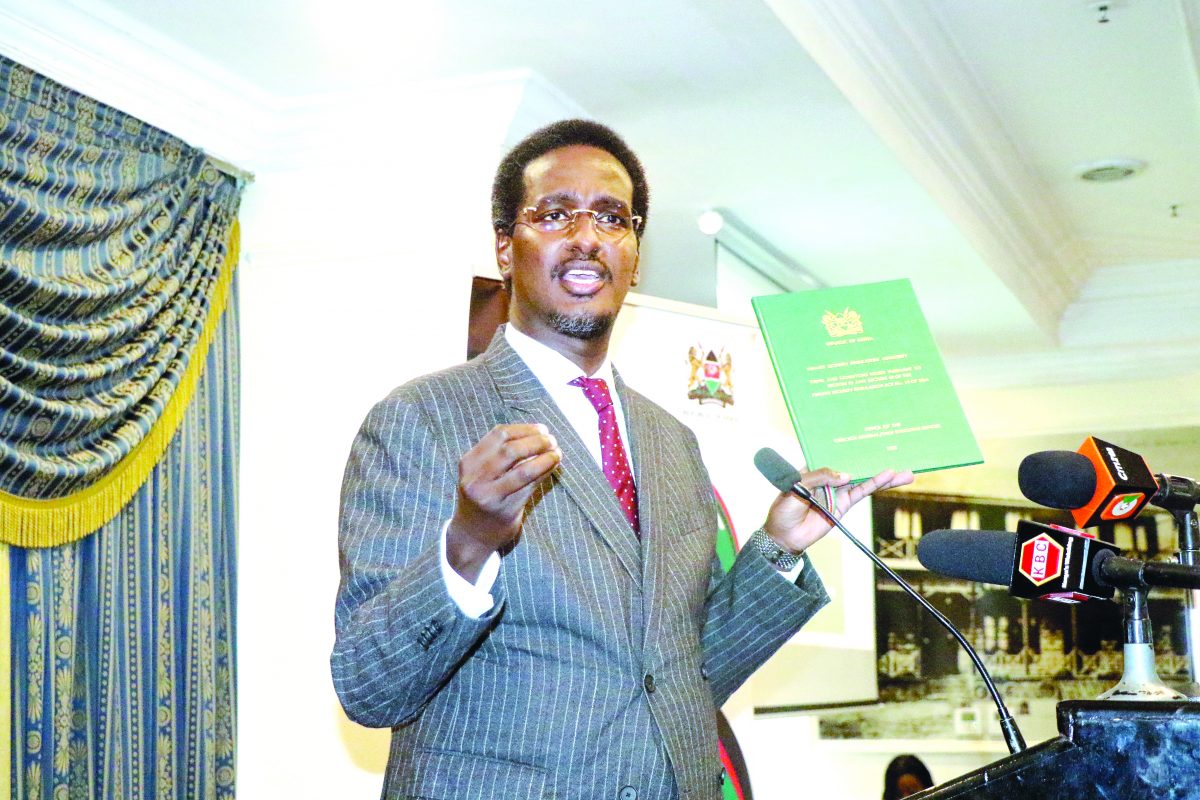Private guards to get pay rise

The court order stopping the implementation of Sh30,000 basic minimum monthly wages for all private security guards operating in Kenya has been withdrawn.
The Private Security Regulatory Authority (PSRA) Director General Fazul Mohamed has now directed employers to comply with the directives warning that any employer who remunerates guards below the mandated basic minimum shall be liable to a fine of Sh2 million, according to the law.
PSRA had in November last year set the basic minimum pay but the Association of North Rift Security Firms moved to the High Court in Eldoret to challenge the move.
They were then granted orders stopping the implementation of the legal notice by Justice Anuro on December 1, pending hearing and determination of the case.
However, on January 16, Eldoret High Court Judge Justice Wananda Anuro ordered that the petition dated November 30, 2023 and the notice of motion of application be marked as settled and the file was marked as closed.
The judge further ordered that each party shall bear own costs.
According to the PSRA, the minimum pay should be Sh18,994 with a house allowance of Sh2,849.11 and overtime allowance of Sh8,156.81 totalling to Sh30,000.
The statutory deductions will be National Social Security Fund (NSSF) of Sh1080, Social Health Insurance Fund (SHIF) of Sh825, Pay As You Earn Sh1229.75, and affordable house levy Sh450.
Job creation
The sector currently employs over 900,000 people, with this industry now worth more than Sh100 billion annually, and regarded as a critical driver for Kenya’s economy in terms of job creation and contribution to our GDP growth.
The Ministry of Labour had however in 2022 set the minimum wage for private night guards at Sh16,959 in Nairobi, Mombasa, Kisumu and Nakuru.
Under the Labour Ministry guidelines, a security guard working in former municipalities was supposed to earn a minimum of Sh15,722 while their counterparts in other areas were expected to earn Sh9,672 per month.
The PSRA has also commenced nationwide registration, licensing, and issuance of Guard Force Numbers (GFN) to private security officers.
Those to be issued with the numbers include private security guards, corporate security officers, and all persons providing private security services, either employed or otherwise engaged by Government institutions or agencies.
Basic minimum
Any person -including Government institutions, security companies, corporate entities, organisations, and associations –who hires employs or otherwise engages the services of any private security service provider and pays or remunerates them below the mandated basic minimum shall be liable to a fine of Sh2 million, according to the Private Security Regulatory Act.
The government is also in the process of fully integrating the private security industry into the national security infrastructure.
This will enhance intelligence gathering, information sharing, crime detection and deterrence, crime scene protection and the collection and preservation of evidence.
Once formalised, private security providers will have a direct line of communication with the government’s command and control centre to minimise bureaucratic red tape and speed up response in emergencies.












